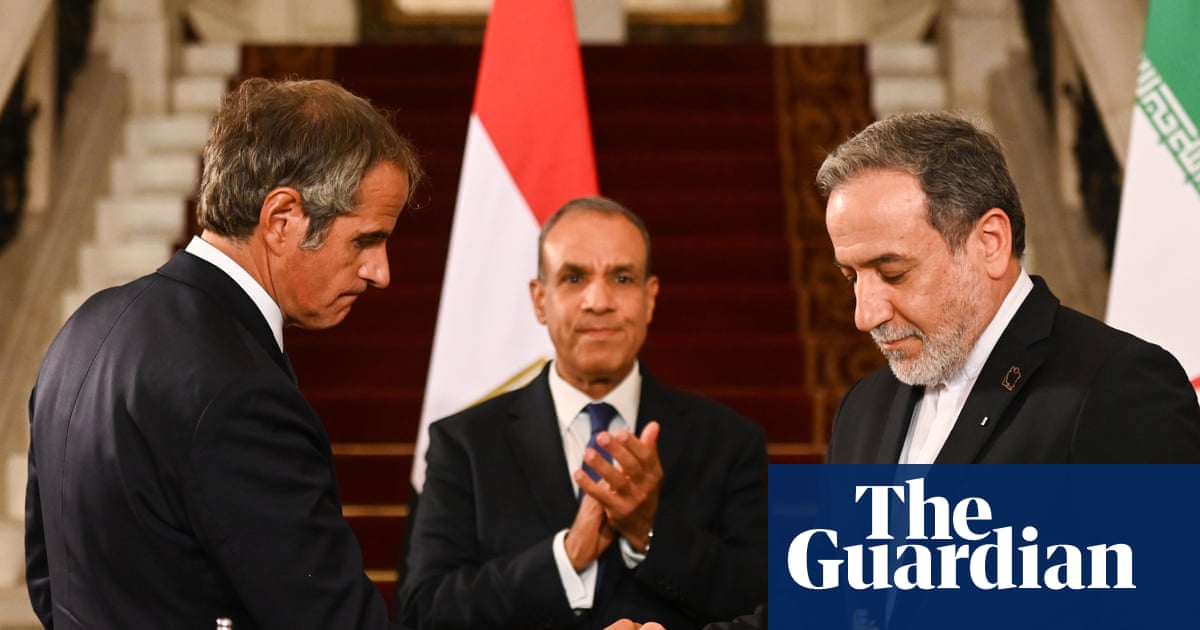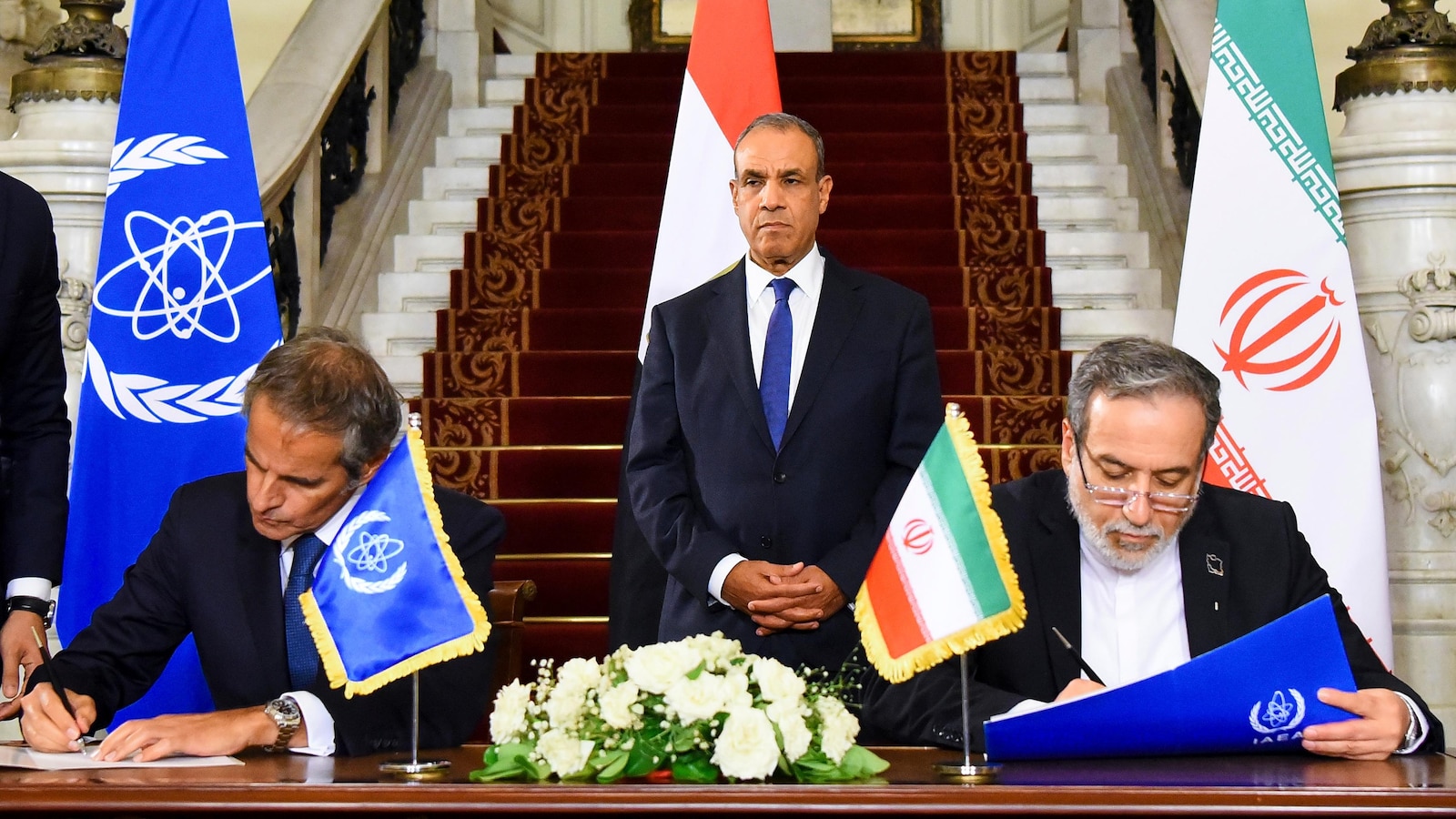Iran's Nuclear Agreement Addresses Concerns Amid European Sanctions Threat
Iran's Araghchi confirms a new agreement addresses national concerns and IAEA cooperation, while European powers threaten to reimpose sanctions lifted under the 2015 nuclear deal.
Subscribe to unlock this story
We really don't like cutting you off, but you've reached your monthly limit. At just $5/month, subscriptions are how we keep this project going. Start your free 7-day trial today!
Get StartedHave an account? Sign in
Overview
- Iran's Araghchi stated an agreement addresses the nation's concerns, security challenges, and technical requirements for cooperation with the IAEA.
- The agreement also includes the acceptance of Iran's parliament's law, fulfilling a key domestic requirement for international cooperation.
- European powers are threatening to reimpose international sanctions against Iran, which were initially lifted under the 2015 nuclear deal.
- This agreement is a precondition set by European leaders to defer a plan to reimpose sweeping United Nations sanctions on Iran.
- The agreement's acceptance by European powers is crucial for deferring the reimposition of sweeping UN sanctions against Iran.
Report issue

Read both sides in 5 minutes each day
Analysis
Center-leaning sources cover this story neutrally, focusing on factual reporting of the agreement between Iran and the U.N. nuclear watchdog. They present statements from key parties and provide relevant background without employing loaded language or prioritizing a specific narrative, allowing readers to form their own conclusions.
Articles (3)
Center (1)
FAQ
The new agreement addresses Iran's national concerns, security challenges, and technical requirements for cooperation with the IAEA. It includes acceptance of Iran's parliament's law, a crucial domestic condition for international cooperation, aiming to facilitate ongoing dialogue and oversight by the IAEA.
European powers are threatening to reimpose the UN sanctions that were lifted under the 2015 nuclear deal because they consider Iran has violated aspects of the agreement and to pressure Iran into compliance. This threat is part of a snapback mechanism designed to respond quickly if Iran does not meet obligations.
The agreement's acceptance by European powers is essential to delay the reimposition of comprehensive UN sanctions against Iran. It demonstrates Iran's willingness to comply with key terms, including cooperation with the IAEA and adherence to parliamentary laws, which European leaders view as necessary for diplomatic progress.
Iran's acceptance of its parliament's law is a critical domestic prerequisite embedded in the agreement, ensuring that Iran's legislative framework supports compliance and transparency with international bodies like the IAEA, thereby enabling smoother international nuclear cooperation.
European powers’ stance—threatening sanction snapback while requiring agreement acceptance—signals their intent to maintain pressure on Iran to comply with nuclear commitments. Their position influences future diplomatic relations by balancing enforcement of the deal with opportunities for renewed dialogue to prevent escalation.
History
- This story does not have any previous versions.



